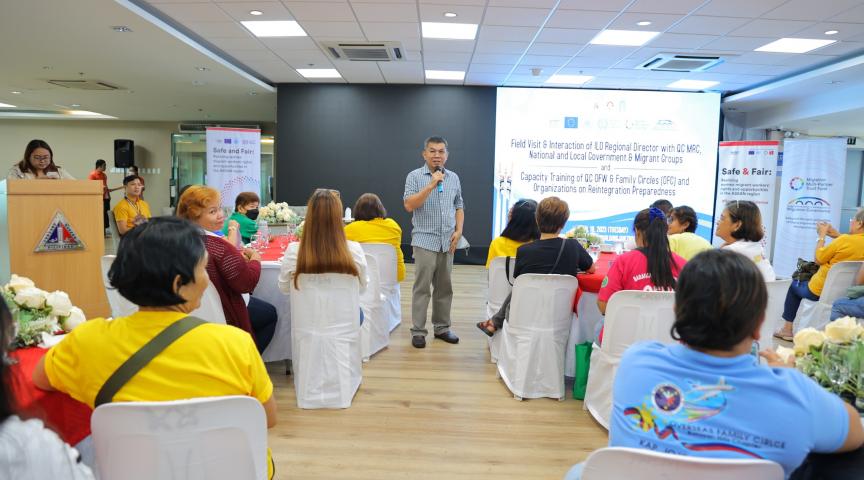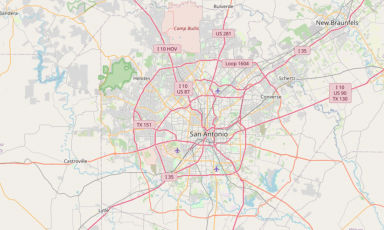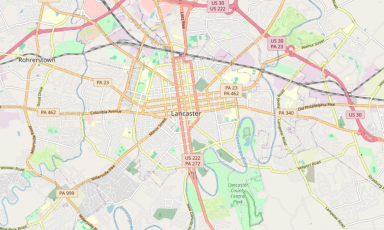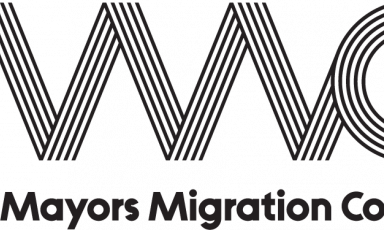Quezon City, Philippines
Quezon City’s Migrants Resource Center: Solidarity in Diversity

Summary
Quezon City commits to open a Migrants Resource Center (MRC) to cater to the needs of vulnerable migrants, with a particular focus on Overseas Filipino Workers (OFWs) and their families.
Administered by the Public Employment Service Office's Migration Services Division, the MRC is a "One-Stop-Shop" to provide comprehensive support under one roof at the local level of government nearest to OFWs and their families. It offers a spectrum of gender-responsive programs and services, including awareness campaigns, seminars, migration-related events, capability building, skills training, community organising, and direct assistance like repatriation support, psycho-social counselling, and referrals to essential agencies.
Through awareness campaigns and seminars, it educates migrants about their rights, financial literacy, and cultural adaptation. It fosters community and mutual support through community organising while enhancing employability through skills training and capability building. The MRC plays a crucial role in providing essential direct services, offering distressed OFWs repatriation assistance, psycho-social counselling for emotional well-being, and connecting migrants with relevant government agencies.
By addressing the multifaceted needs of migrants, the MRC empowers this vulnerable sector, facilitating their successful integration into new environments and contributing to their overall well-being and resilience in the face of the challenges associated with migration.
Impact
- Improved Awareness and Knowledge: The MRC's awareness campaigns and seminars addressing the whole cycle of migration – from pre-departure, on-site, and upon their return - can lead to better-informed migrants who are aware of their rights and responsibilities, reducing their vulnerability to exploitation and abuse.
- Enhanced Skills and Employability: Through skills training and capability building programs, migrants can acquire new skills or improve existing ones, making them more competitive in the job market and potentially leading to higher income and job stability.
- Community Building: Community organizing efforts foster a sense of belonging and mutual support among migrants, which can help reduce isolation and provide a support network in their host countries.
- Emotional Well-being: Psycho-social counselling services can have a positive impact on the mental and emotional health of migrants, helping them cope with the stress and challenges of migration.
- Safe Repatriation: The MRC's assistance with repatriation in times of distress ensures that OFWs have access to support and resources to return home safely when needed.
- Access to Essential Services: The center's role in referring migrants to relevant government agencies and essential services can improve their access to healthcare, legal assistance, and other critical support systems.
- Economic Empowerment: By providing migrants with the necessary skills and knowledge, the MRC can contribute to their economic empowerment, helping them secure better job opportunities and financial stability.
- Advocacy and Policy Influence: Over time, the MRC's activities and engagement with stakeholders can lead to policy changes and improvements in the protection and welfare of migrants, including OFWs.
Lessons learned
Positive Lessons learned:
- Information Accessibility: QCMRC serves as a centralized resource for migrant workers and their families, functioning as an information hub that offers essential information and promotes awareness within the local community.
- Community Building: as part of the program’s aim, the QCMRC builds numerous groups of migrant workers, returnees, and left behind families in the community, fostering relationships and camaraderie, strengthening them to be active partners in economic and social development of the city.
- Skills Development: significance of equipping migrant workers with necessary skills and knowledge for further enhancement of their employability and opportunities whether in the country of destination or in the city.
- Partnership: The center has forged strategic partnerships with local governments and offices, government agencies, and NGOs, facilitating the delivery of a broader range of services and support.
- Emotional Support: one of the key factors of successful migration journey is providing necessary and significant emotional support for children and families left behind
Negative Lessons learned:
- Resource Limitations: MRC may have experienced constraints in terms of funding and resources, limiting its capacity to reach more migrant workers and provide an even wider array of services.
- Digital Divide: The pandemic accelerated the shift towards digital services and remote communication whereas Migrant workers who lacked access to technology or digital literacy may have been further marginalised which highlighted the need for digital inclusion initiatives.
- Changing Migration Patterns: with some workers returning home due to job losses or health concerns due to the pandemic, QCMRC had to adapt to address the changing needs of both returning migrants and those planning to work abroad.
- Data Quality Assurance: Ensuring data quality through validation checks and regular audits is important to maintaining the integrity of the information collected.
- Data Sharing and Collaboration: Collaborating with other organizations or government agencies may involve sharing data. QCMRC must establish clear data-sharing agreements and protocols to protect individuals' privacy. In the Philippines, data sharing is a challenge due to the Data Privacy Act of 2012.



